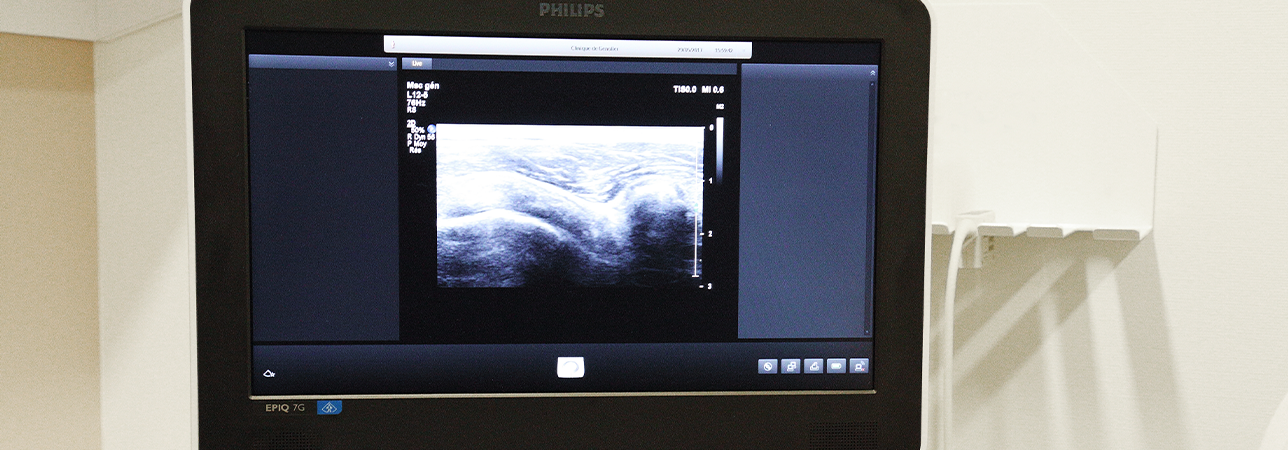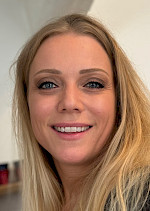-
Centres
back
Centres
- Maternity
- Specialities
- Doctors
-
Patients & visitors
- About us
-
Centres
back
Centres
- Centre d'Urologie Générale-Beaulieu
- Centre de soin de support (cancer rehabilitation)
- Centre du Sein
- Centre for Integrative Medicine
- Centre for medically assisted reproduction
- Centre for Obesity and Diabetes
- Centre for Oncology
- Centre for Outpatient Surgery
- Centre for Physiotherapy
- Centre for Radio-oncology
- Institut de radiologie
- Institute for Nuclear Medicine
- Maternity
- Specialities
- Doctors
-
Patients & visitors
back
Patients & visitors
- About us
close search








